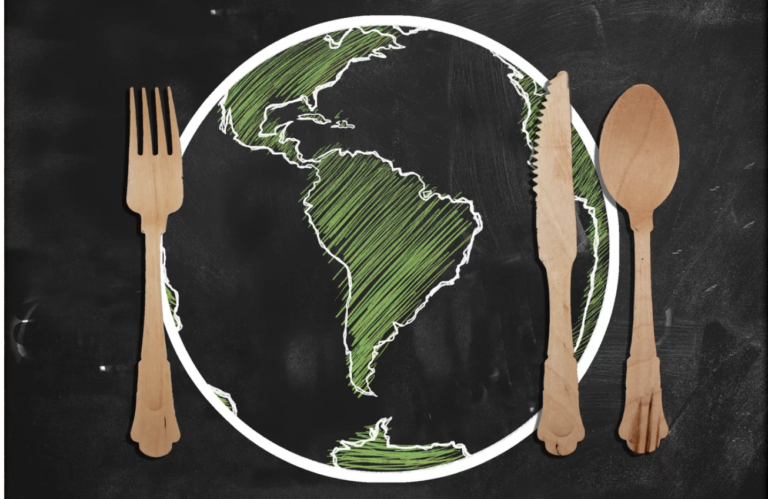By Andrea Tucci,
Gastrodiplomacy is a means for governments to strengthen relations with other countries, consolidate their status, have greater influence abroad, but also as a means of territorial promotion and as support for promoting a political cause.
The term “Gastrodiplomacy” was coined by the Economist in 2002 in reference to the “Global Thai” program as the first official example of this strategy of convincing people to visit Thailand and helping to strengthen its relationships with others countries.
A particularly popular tool among Southeast Asian governments, given that these nations do not have the same geopolitical influence as other governments (such as countries that sit on the UN Security Council or the G7, for example), trying to carve out a space for themselves vital by other means.
This is why Gastrodiplomacy tends to target Western clients and countries where global power is traditionally concentrated. This tool often becomes a way to consolidate one’s status and influence abroad.
The Malaysian government has adopted a gastrodiplomatic approach in the United Kingdom with the “Malaysian kitchen for the world” As part of the initiative, Kuala Lumpur’s diplomacy organized a “Culinary Festival” at the University of Nottingham (the most popular among students in the Asian country). Behind the boom of the Malaysian cuisine, there is also the success in television talent shows of some famous chefsm, originally from Malaysia, such as Ping Coombes, winner of MasterChef 2014 and Syabira Yusoff, who won the 2014 edition of Bake off.
The association between Food and Identity, combined with the role of diplomacy as a tool for pursuing internal interests, invariably takes on a nationalist nuance. Last summer in Marseille, during an exhibition dedicated to the Mediterranean diet, offered a series of clichés about French agriculture and eating habits, without however ever moving away from Eurocentrism. The exhibition was unable to recognize the historical role of colonialism and the migrations of Muslims, Arabs and Jews in the formation of the Mediterranean diet.
In a different way, “Taiwan’s Global Food Initiative” demonstrates how Gastrodiplomacy can also become a tool of resistance to pressure from other nationalist powers. Taiwan has remained independent from China since 1949, but Beijing regards the island as part of its territory and has promised to “unify” it with mainland China. Since Taiwan is not in a position to confront China militarily, and giving space to nationalism could prove dangerous, has adopted a more cautious approach, using cuisine to gain international support for its cause
photo from: iStockphoto




